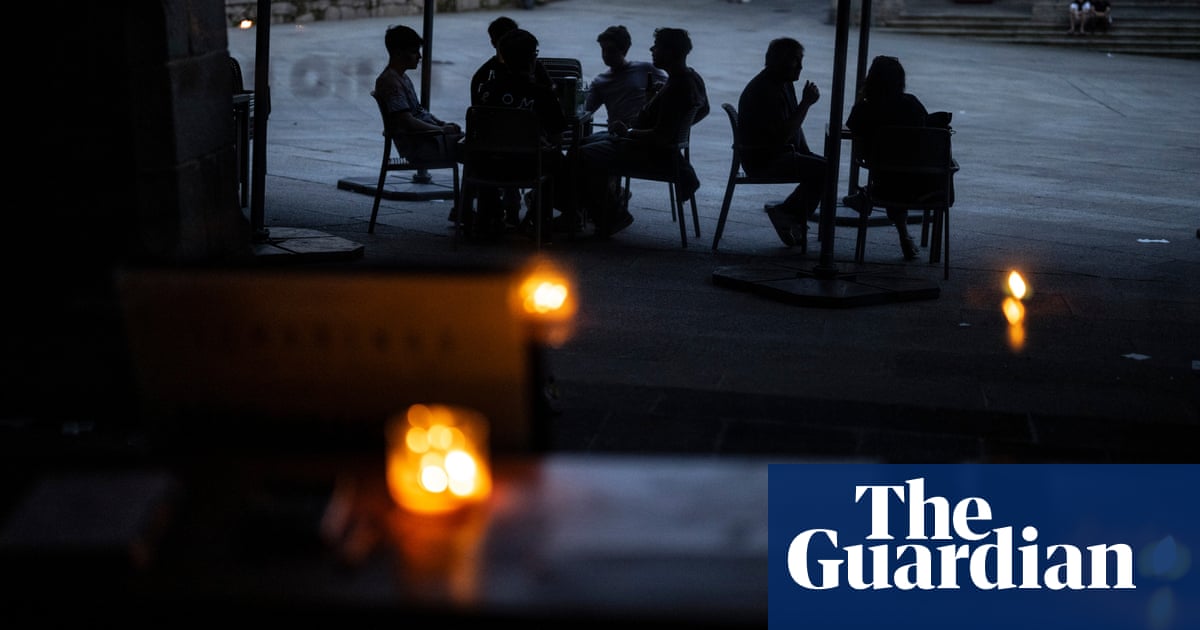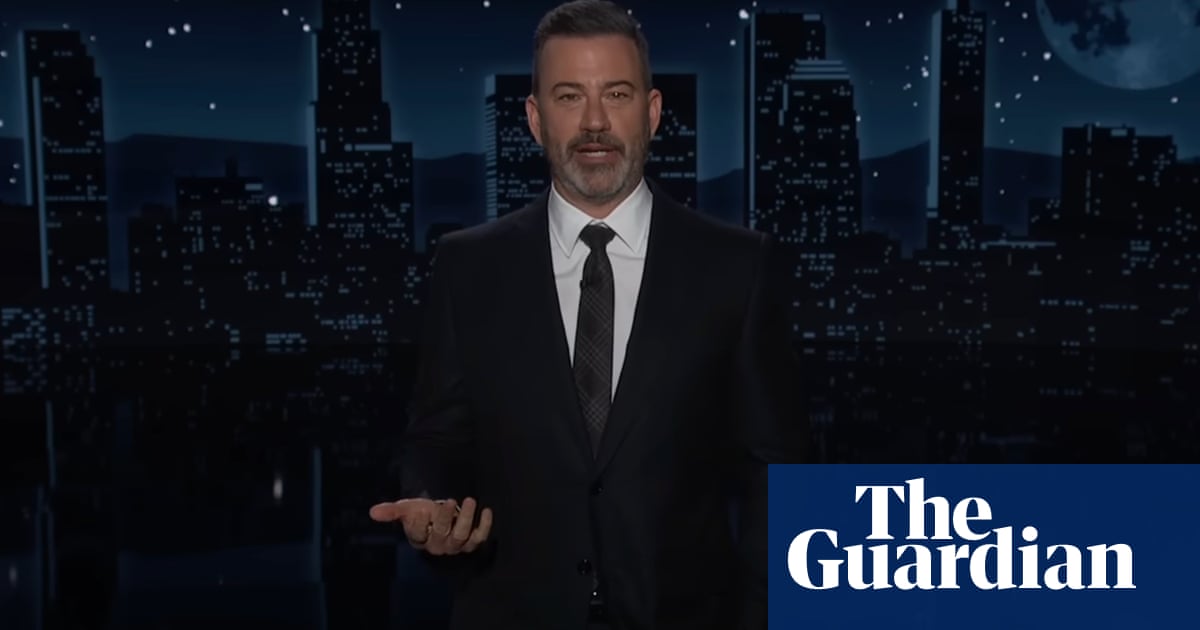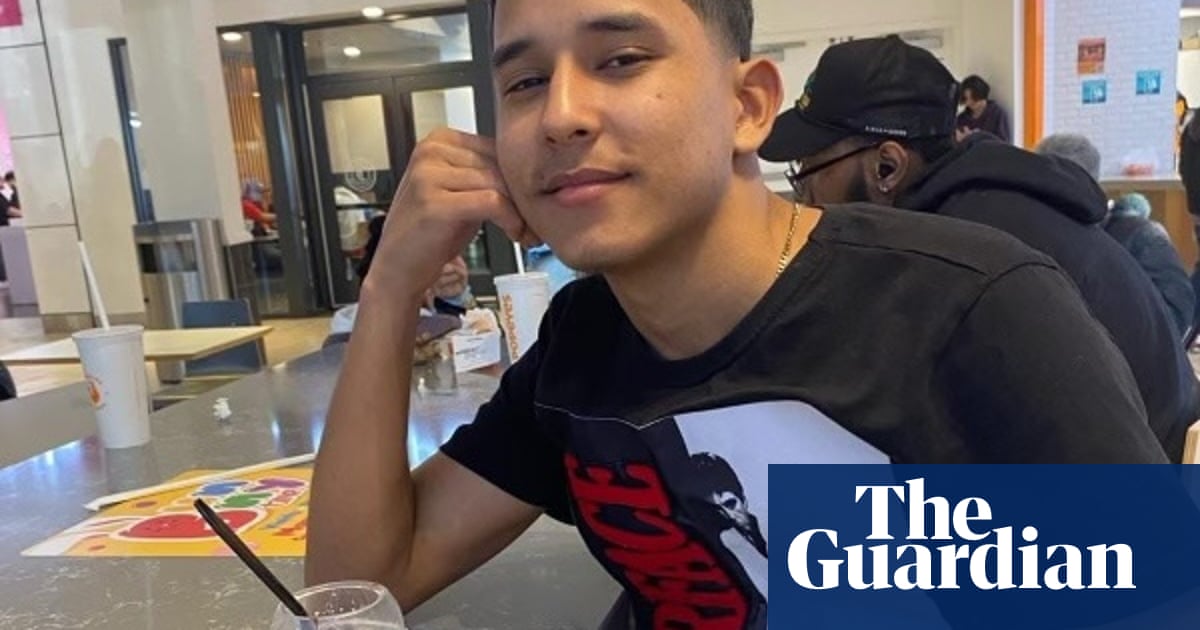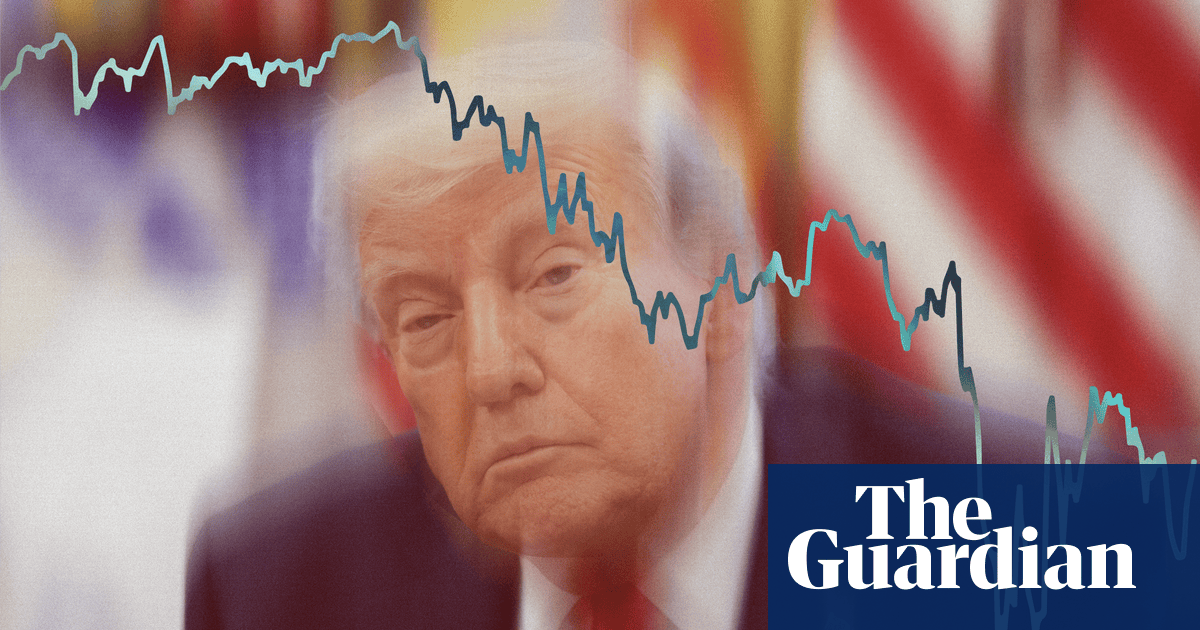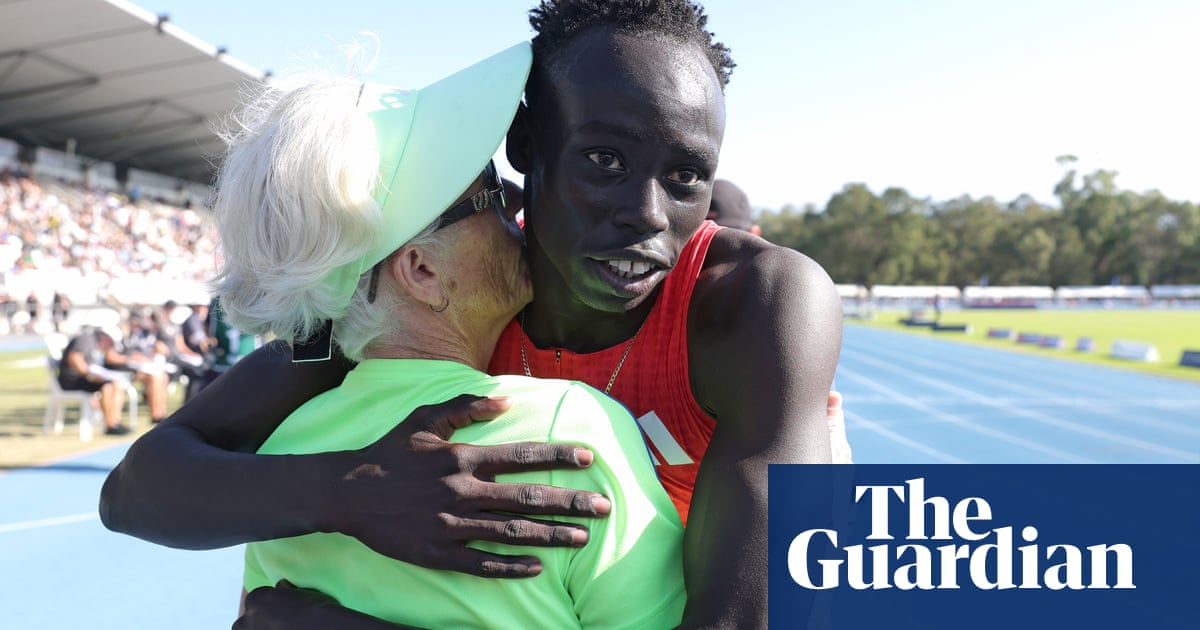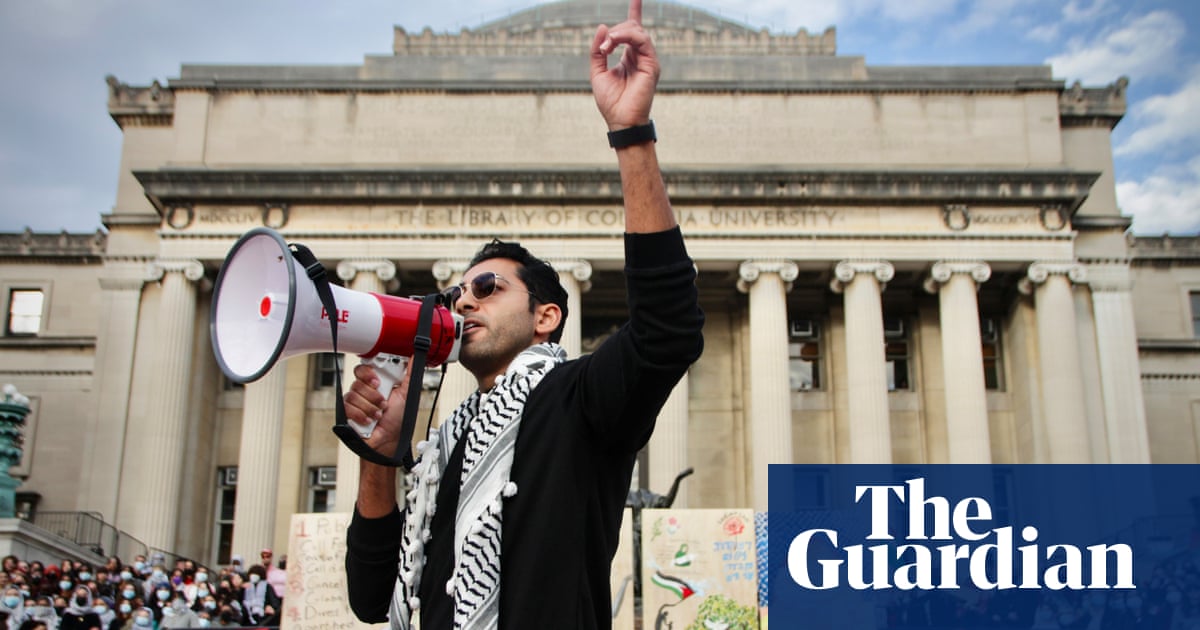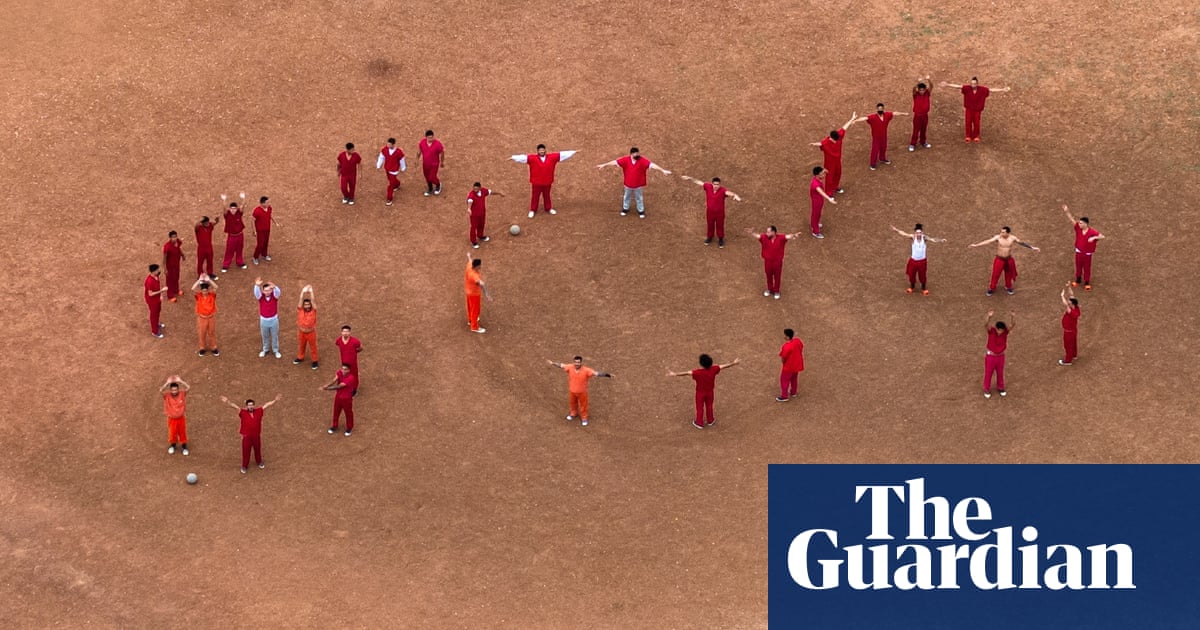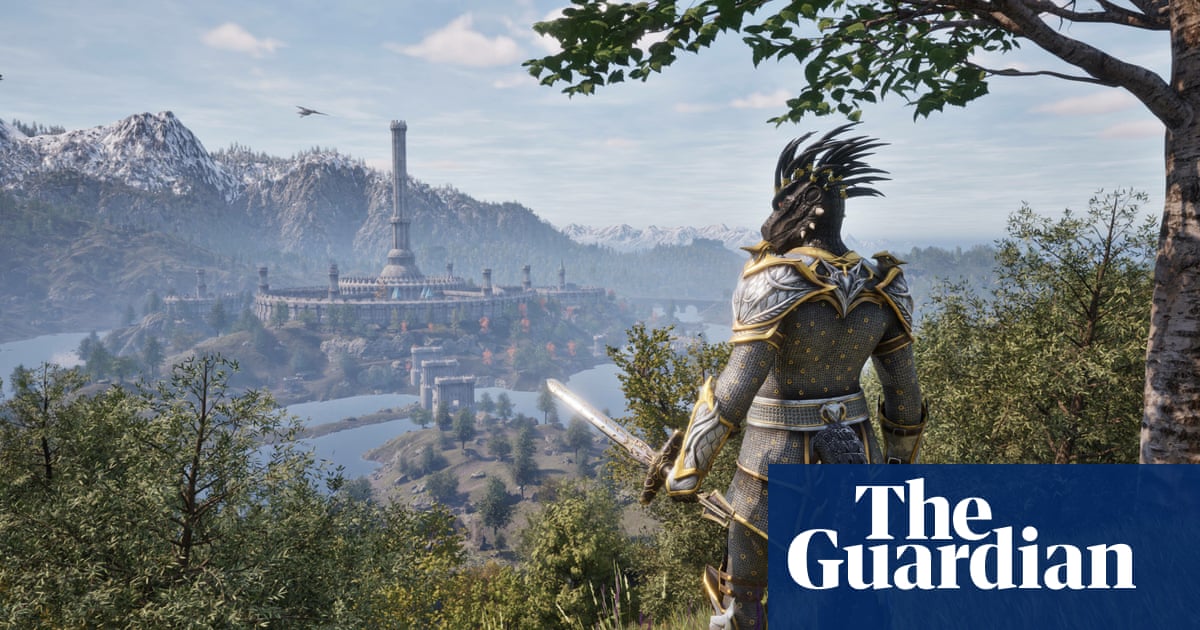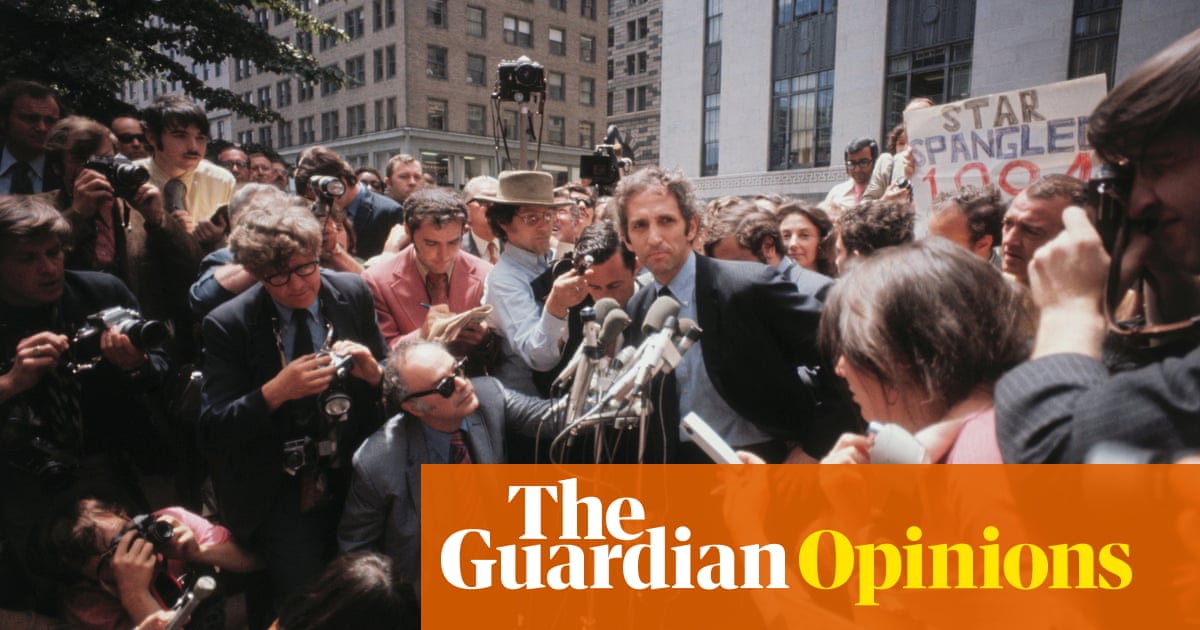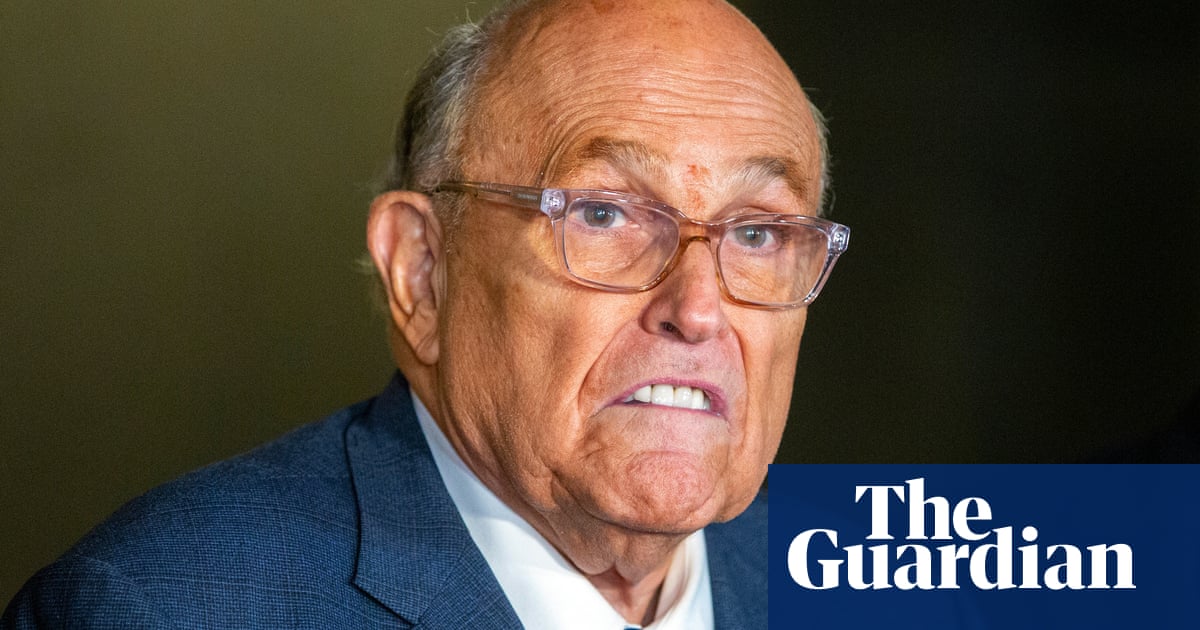The Doctor has fought enemies like the Daleks and Cybermen all through time and space, but the Time Lord may now be facing their greatest threat: viewer apathy in a time of television industry upheaval, as rumours of cancellation and the departure of its leading actor swirl.
With this year’s series of Doctor Who approaching its midpoint and seeing record low ratings, there is still no sign from the BBC or streaming partner Disney+ if the show has a future beyond May.
Showrunner Russell T Davies has insisted that it was always the plan not to commission more episodes until after this season aired in full, but that stance contrasts with his promise of “annual Doctor Who, no gap years, lots of content, on and on and on”, made when he returned to the show in 2023. With nothing in production, it would already be a tight squeeze to have a series ready for the start of 2026.

Davies recently told viewers of BBC Newsround: “I kind of know that the Doctor’s reached the status of, like, Robin Hood. Sometimes there might be a pause, and during that pause, the viewers of Newsround now will grow up a few years and start writing stories and they’ll bring it back.”
If Disney+ decides not to renew its distribution and funding deal, that would leave the BBC with three choices: cast around for a new international streaming partner, go back to making the show in-house on a more constrained budget, or put it on hiatus.
This year’s season has also been dogged by rumours of a premature exit for the show’s leading light, 32-year-old Ncuti Gatwa, who first appeared in the role in 2023. After an acclaimed run in The Importance of Being Earnest in the West End last year, Gatwa is to tread the boards again in 2025. He will star as playwright Christopher Marlowe opposite Edward Bluemel’s William Shakespeare in Born With Teeth at London’s Wyndham’s theatre from mid-August until 1 November. That doesn’t suggest the actor expects to be in the Tardis any time soon.
Reports of belated reshoots to the current series in February this year have only added to the rumour mill. A Gatwa exit would mean he had appeared in only two series, fewer than any Doctor, with the exception of Christopher Eccleston.
However, viewer apathy may be a bigger problem than money or casting. Nowadays, overnight ratings are far from the be-all and end-all, but the second episode of this year’s run, Lux, set the unwanted record of lowest overnight rating in the 62-year history of the show at 1.58m. Davies and BBC executives might be buoyed, though, that season opener The Robot Revolution was still the second most viewed BBC show of the day, and gained a huge uplift via streaming, with nearly 75% of views online. Saturday’s episode, The Well, bounced back up to 1.9m BBC One viewers. The BBC is confident it is still enough of a draw to screen the series finale in UK cinemas.

Taken overall, though, even with changes in viewing habits, those figures suggest the new iteration of Doctor Who, made by Bad Wolf and part-funded by Disney+, has not halted a long-term trend of declining viewing figures.
After the final episode of this Doctor Who season airs on 31 May, the only known remaining Whoniverse production is spin-off The War Between the Land and the Sea. Co-written by Pete McTighe and Russell T Davies and starring Russell Tovey and Gugu Mbatha-Raw, the limited series is expected to air in autumn or winter. It runs the risk of being a spin-off from a show that is no longer being made.
Doctor Who has survived interruptions and cancellations before. An attempt by BBC bosses to axe it in the mid-80s was converted into an 18-month hiatus. The show’s original run eventually came to an end in 1989, and perhaps history is in the process of repeating itself. Fans now regard some of those final Sylvester McCoy stories, such as Remembrance of the Daleks and The Curse of Fenric, as some of the best of the entire series. But by then, few were watching and the writing was on the wall.
Maybe, regardless of how good some of the Gatwa episodes have been – Boom, 73 Yards, and Dot and Bubble remain likely to be well regarded by fans for decades – time is simply up for this version of Doctor Who in this television landscape.
Without a regular TV series between 1989 and 2005, creativity among fans flourished, with different strands of books, audio stories, comics and webcasts featuring a multitude of different takes on what Doctor Who could be. Some dream of that freedom again, although it is likely the BBC would keep a tighter leash on its franchise IP than it did in the 90s.
Whatever format Doctor Who might take in the future, as Davies has implied, it is unlikely we have heard the last of the Time Lord for ever. “Face-changing alien with a magic box that travels anywhere in time and space” will always remain an irresistible storytelling formula.

 5 hours ago
4
5 hours ago
4
